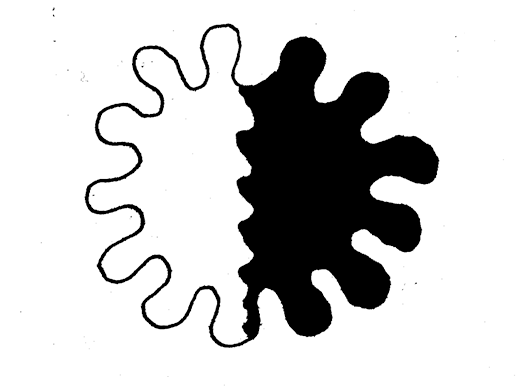In this newsletter:
- A socially-distanced hug
- Suggested readings
- The age of (in)security: meeting Jeff Halper
- How to participate?
… Read the rest“Like wire models of molecules the students moved through the yard, always maintaining the distances between them, as if they were attached to steel connecting pipes. A human mobile. Sometimes just watching made you dizzy, said Dr. Rudolph […] He always felt really strange when they moved back and forth in that way and talked with one another as if all this were completely normal.

